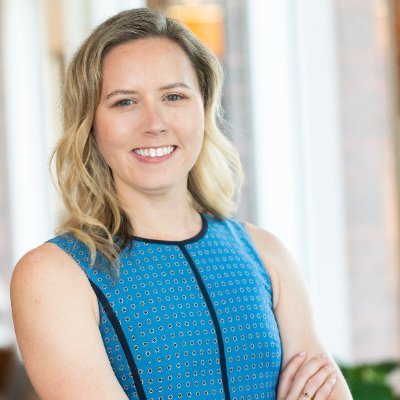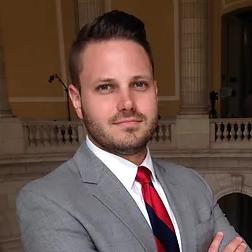At the start of the year, much is still unknown on how Congress will proceed with protecting children’s privacy online, as well as the likelihood of passing some type of bipartisan, federal privacy legislation, which is long overdue. In 2023, various legislative proposals made it out of Senate committees, including version 2.0 of the longstanding, Children’s Online Privacy Protection Rule, and a new bill led by U.S. Senators Blumenthal (D-CT) and Blackburn (R-TN), the Kid’s Online Safety Act, to increase parental controls over the online experiences of minors, and establishment of more rigid age-verification and age-assurance measures. In December 2023, the Federal Trade Commission (FTC) proposed its own set of restrictions to strengthen existing children’s privacy laws by proposing more restrictions on the use, disclosure, and monetization of the personal information of minors.
These federal activities sit against the flurry of state-led activities, which are imposing their own preferences for data privacy that will potentially make the current debate murkier. Overall, the pervasive use of technology by children has prompted calls for regulations adopting comprehensive approaches, sparking significant dialogues around privacy and speech concerns for children, teenagers, and adults alike.
In the latest episode of the TechTank Podcast, cohost Nicol Turner Lee speaks with Jennifer Huddleston, a Technology Policy Research Fellow at the CATO Institute, and Christopher Wood, the Executive Director and Co-Founder of LGBT Tech Partnership & Institute. Together, they delve into the complexities surrounding regulatory efforts and explore the evolving landscape of how our kids interact with technology. They also offer their predictions on what may be next for Congress, states, and other stakeholders in the policy debates over children’s privacy.
You can listen to this episode and subscribe to the TechTank Podcast on Apple, Spotify, or Acast.









Commentary
PodcastWhat is the future of children’s online data privacy in the U.S.? | The TechTank Podcast
January 29, 2024